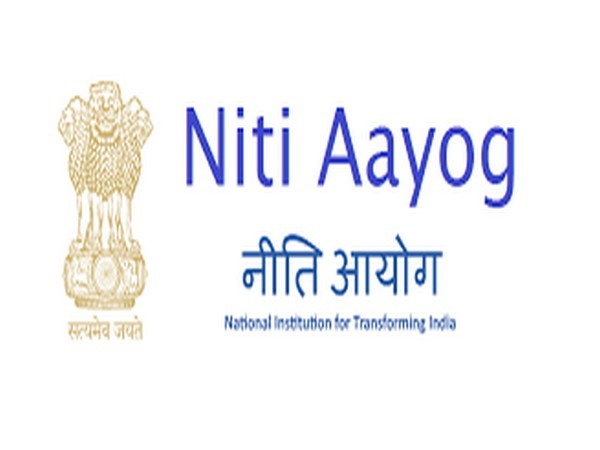India's Global Trade Integration: A Path to Economic Growth
Niti Aayog CEO BVR Subrahmanyam insists India join major trade pacts like RCEP and CPTPP to boost the Micro, Small & Medium Enterprises sector. Despite India's promising growth, high tariffs and underutilized private sector investments remain hurdles in seizing 'China plus one' opportunities effectively.

- Country:
- India
BVR Subrahmanyam, CEO of Niti Aayog, highlighted the importance of India joining major trade agreements such as the Regional Comprehensive Economic Partnership (RCEP) and Comprehensive and Progressive Agreement for Trans-Pacific Partnership (CPTPP). Speaking at an event by industry body Assocham, he stressed that India's inclusion in these pacts is crucial for bolstering the Micro, Small & Medium Enterprises (MSME) sector.
He noted that while India showcases an impressive economic growth rate, constraints such as higher tariffs and sluggish private sector investment pose challenges in capturing the 'China plus one' opportunity. Many countries, including Vietnam and Mexico, have benefitted more than India in this regard.
Subrahmanyam emphasized the need for India to integrate into the global supply chain to enhance its trade potential. With plans to become the third-largest economy by 2027, India is contributing significantly to global growth. However, policy adjustments, particularly in tariff reduction and encouraging private sector investment, are necessary for sustained progress.
(With inputs from agencies.)
ALSO READ
UK Faces Economic Uncertainty Amid Potential Trump Tariffs
EU-Mercosur Trade Deal: Balancing Tariffs and Conservation
India-US Ties in the Trump Era: Trade, Tariffs, and Diplomacy
Turkish Trade Hopes for Reduced U.S. Tariffs
Pakistan Lowers Winter Electricity Tariffs to Drive Demand and Industry Growth










